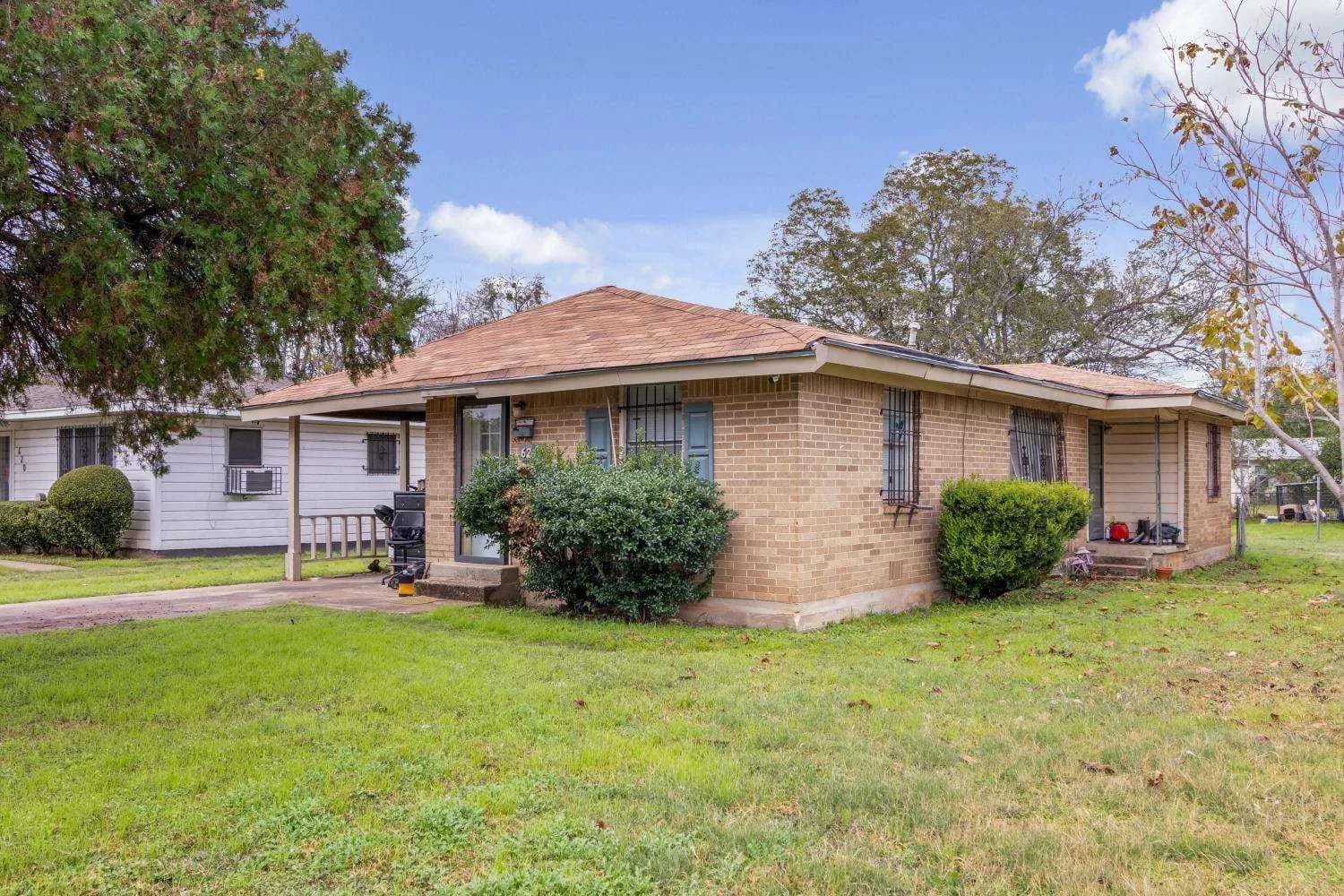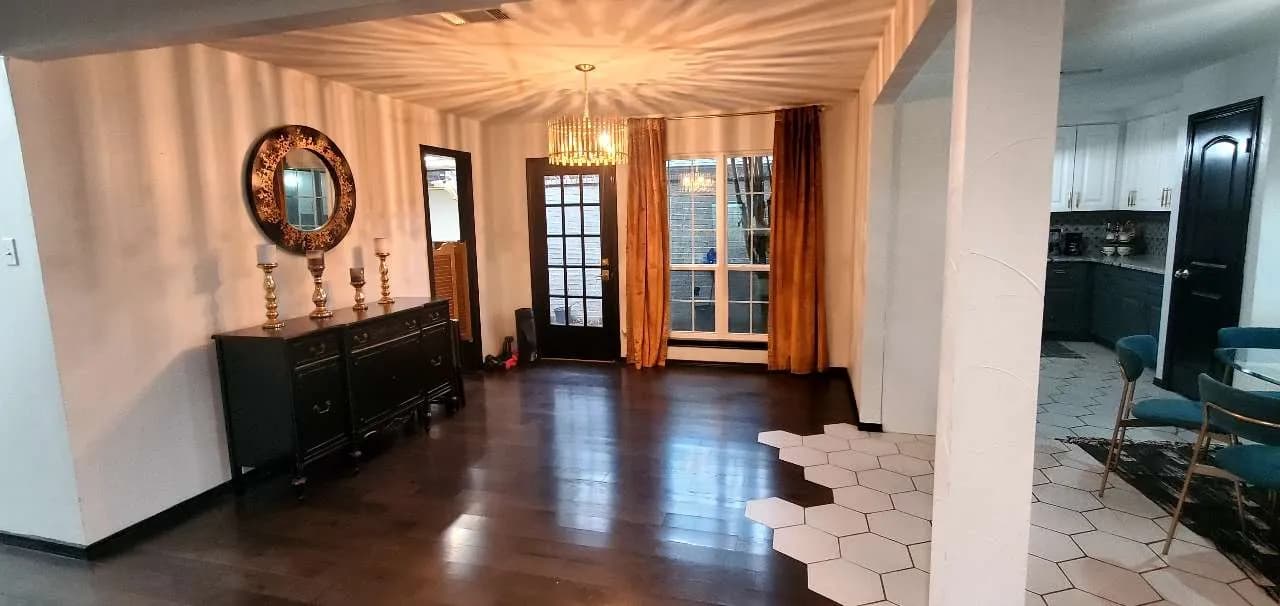Can You Sell Your Home if You Have a Mortgage?
Understand how selling works when you still owe money and how to payoff your mortgage at closing.

Yes, you can absolutely sell your home even if you still have an outstanding mortgage. This is a very common scenario in real estate, as the majority of homeowners sell their properties before the loan term is complete. The process involves using the proceeds from the sale to pay off the remaining balance of your mortgage loan at the time of closing. Any funds left over after the mortgage and other selling costs are paid belong to you as profit.
The key factor in this transaction is home equity, which is the difference between your home's current market value and the amount you still owe on your mortgage. As long as you have positive equity meaning your home is worth more than your loan balance the sale can proceed smoothly. The buyer's payment will be used by a closing agent, such as a title company or attorney, to pay off your lender directly. OT Home Buyers Properties has extensive experience guiding homeowners through this process, ensuring a clear and straightforward transaction from start to finish.
What Happens to a Mortgage When You Sell a House
When you sell your house, the mortgage does not simply transfer to the new owner. Instead, the loan must be paid in full to release the lender's lien on the property, allowing for a clear transfer of the title to the buyer.
The Mortgage Payoff Process
The central part of the sale is the mortgage payoff. Here is a step-by-step breakdown of how it works:
-
Request a Payoff Statement: Before closing, you or your closing agent will request a formal payoff statement from your mortgage lender. This document details the exact amount needed to close the loan, which includes the remaining principal balance, any accrued interest up to the closing date, and potential prepayment penalties.
-
Closing and Fund Distribution: On closing day, the buyer's funds are transferred to the escrow or title company. This company then uses a portion of these funds to wire the full payoff amount directly to your mortgage lender.
-
Lien Release: Once the lender receives the payment, they will close your loan account and issue a "satisfaction of mortgage" document. This confirms the loan is paid and directs the county recorder's office to release the lien on the property.
-
Receiving Your Proceeds: After the mortgage, agent commissions, and other closing costs are paid, the remaining funds are your net proceeds, which are transferred to you. Any money held in your escrow account for property taxes and insurance will be refunded to you by the lender, though this may take a few weeks after closing.
Understanding Your Home Equity
Your home equity is the portion of your property's value that you truly own. It is calculated by subtracting your outstanding mortgage balance from the home's current market value. For example, if your home is valued at $350,000 and you owe $200,000 on your mortgage, you have $150,000 in home equity. This equity is what you will receive as cash after all sale-related expenses are settled.
Bonus Tip: To get a clear picture of your potential profit, create a net sheet. This document helps you itemize all the costs of selling including agent commissions, closing costs, and your mortgage payoff and subtracts them from the estimated sale price.
Selling a Home with a Reverse Mortgage
Selling a property with a reverse mortgage, also known as a Home Equity Conversion Mortgage (HECM), is also possible. The process is similar to a traditional sale in that the loan must be paid off at closing. When you sell, the total amount borrowed, plus accrued interest and fees, becomes due. The sale proceeds are used to repay the reverse mortgage lender, and any remaining equity belongs to you.

Bright, inviting living room symbolizing strong home equity, growing ownership value, and a well-maintained property appealing to buyers.
A key feature of HECMs is that they are "non-recourse" loans. This means that if the sale price is less than the loan balance, you or your heirs will not have to pay the difference; mortgage insurance covers the shortfall. You will only owe the loan balance or 95% of the home's appraised value, whichever is less.
Suspending Mortgage Payments While Selling a House
It is critical to continue making your monthly mortgage payments throughout the entire selling process, right up until the closing date. Failing to do so can result in late fees, penalties, and significant damage to your credit score. Your lender expects payments to be current until the loan is officially paid off.
However, if you are experiencing significant financial hardship, you may have options to temporarily pause or reduce payments. This is typically done through a forbearance agreement with your lender.
| Option | Description | Key Considerations |
| Continue Payments | Standard and required practice. You continue paying your mortgage as usual until the sale is finalized. | Protects your credit score and avoids late fees. Ensures a smooth closing process. |
| Mortgage Forbearance | A temporary agreement with your lender to pause or reduce payments due to financial hardship. | Requires lender approval. Missed payments are not forgiven and must be repaid later, often from the sale proceeds. |
| Short Sale | Selling the home for less than the outstanding mortgage balance with the lender's approval. | The lender agrees to accept a lower payoff. This can negatively impact your credit score. |
Bonus Tip: If your closing date is very close to your next payment due date, consult with your closing agent. Sometimes it's better to make the payment to avoid any potential closing delays; any overpayment will be refunded to you after the fact.
Things to Consider Before Making a Decision
Before listing your home, carefully evaluate these crucial factors:
-
Calculate Your Net Proceeds: Estimate your home's market value and subtract the mortgage payoff amount, real estate commissions (typically 5-6%), and closing costs (around 1-3% for sellers). This calculation will give you a realistic estimate of the profit you can expect.
-
Check for Prepayment Penalties: Some mortgages include a prepayment penalty for paying off the loan early. Review your loan documents or contact your lender to see if this applies to you, as it will reduce your net proceeds.
-
Gather Necessary Documents: Be prepared by collecting essential paperwork, including your mortgage statement, property tax records, and information on any second mortgages or home equity lines of credit (HELOCs), as these also must be paid off at closing.
-
Market Conditions: According to the National Association of Realtors®, housing market trends can significantly impact sale prices and timelines. Research your local market to understand if it's a good time to sell to maximize your equity.
Explore Your Selling Options with OT Home Buyers Properties
Understanding the complexities of selling a home with a mortgage is the first step. OT Home Buyers Properties offers solutions tailored to your unique situation.
-
Cash Home Purchase: Receive a fair, all-cash offer for your property, eliminating the uncertainties of traditional buyer financing and allowing for a fast, straightforward closing.
-
"Fix and List" Program: For homes that could benefit from updates, this service manages and finances renovations to help you sell for top dollar on the open market, with no upfront costs to you.
-
Traditional Listing Services: Leverage expert real estate guidance to list your home, attract qualified buyers, and navigate negotiations for the best possible outcome.
Frequently Asked Questions (FAQ)
How is the final mortgage payoff amount calculated?
The payoff amount is more than just your remaining principal balance. It includes the principal, interest accrued through the closing date, and any outstanding fees or prepayment penalties stipulated in your loan agreement.
What happens to my escrow account when I sell?
After your mortgage is paid off, the lender will close your escrow account. Any remaining funds collected for property taxes and homeowners insurance will be refunded to you in a separate check, typically within a few weeks of closing.
Does selling my home automatically close my mortgage account?
Yes, once the lender receives the full payoff amount from the closing agent, your mortgage account will be officially closed. They will then issue a satisfaction of mortgage letter and release the lien on the property.
Can I sell my house if I have a second mortgage or HELOC?
Yes, but both the primary mortgage and any second mortgages or home equity lines of credit (HELOCs) must be paid off at closing. The sale proceeds are used to pay the primary lender first, followed by the secondary lender.
Get Expert Guidance on Your Home Sale
Navigating the sale of a home while managing a mortgage requires careful planning and expertise. To understand your options and ensure a seamless process, it's essential to have a trusted partner.
OT Home Buyers Properties PHONE NO: 6822677741
Source
-
National Association of Realtors®: National Association of Realtors®
-
LendingTree: Home Equity Conversion Mortgage (HECM)
-
Consumer Financial Protection Bureau: Prepayment Penalty
Related Articles
By Vince Chimoga • Jun 4, 2025
Inherited a House with a Mortgage? Here's What to Do in Dallas-Fort Worth
Inheriting a home is a blessing—until you realize it comes with a mortgage. Whether it’s current, behind, or in foreclosure, here’s what you need to know about selling an inherited house with a mortgage in Dallas-Fort Worth.
By Vince Chimoga • Aug 26, 2025
Behind on Mortgage? Your Options Before It’s Too Late
Missed mortgage payments in Dallas? Learn your options loan modifications, assistance programs or a fast as is cash sale before foreclosure takes over.
By Vince Chimoga • Sep 3, 2025
How Late Mortgage Payments Impact Your Credit When You Sell
Late mortgage payments in Dallas can damage your credit, but selling your house quickly may limit the long-term impact.